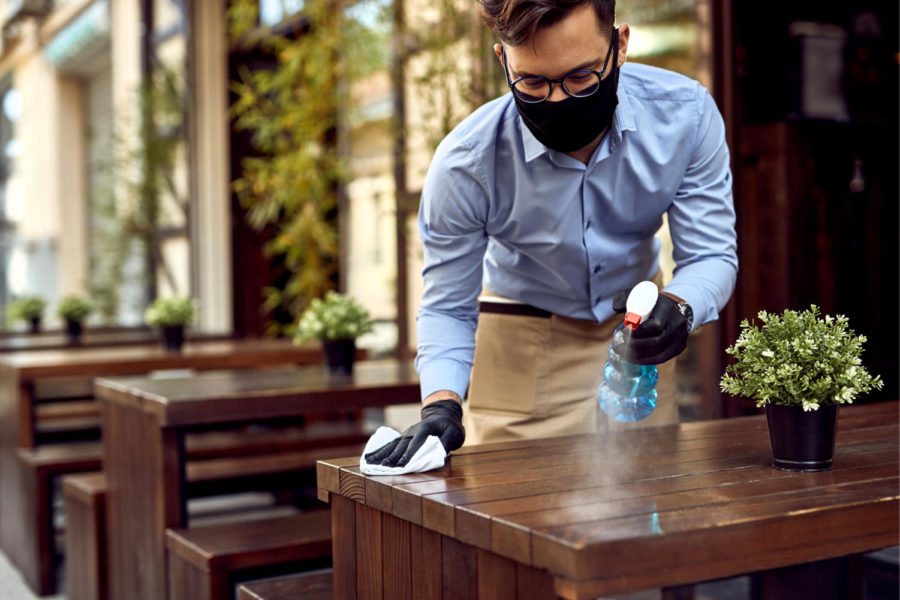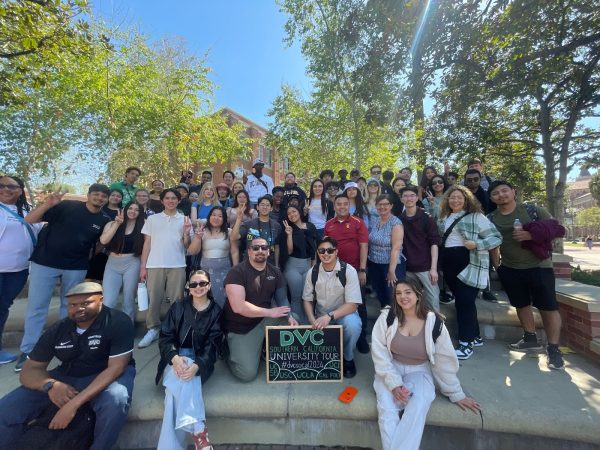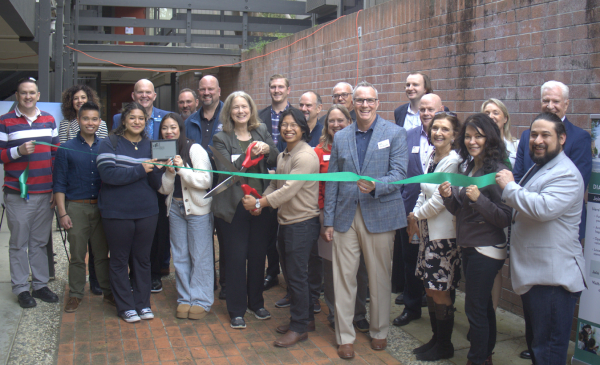As Restaurants Have Suffered, This Berkeley Business Owner Managed to Keep the Food Coming
April 15, 2021
Working at a restaurant is literally the bread and butter of some people’s lives: without a serving or cooking job, there is often little to put food on the table. But amid the year-long pandemic, many people have been left unemployed and searching for their next source of income.
At a Berkeley city council meeting last month, Elizabeth Cleveland, the city’s chief strategist for sustainable growth, presented numbers showing the sharp decline of employment in the local restaurant industry. According to Cleveland, as of December 2020, the unemployment rate in the sector stood at 7.6 percent – three times higher than it did during the same month the previous year.
There has been a 25 percent decline in workers employed in the food service industry overall, she said, as restaurant owners have made deep cuts to their staff.
Dov Sims, owner of the pop-up restaurant Cali Alley, a residential comfort food spot, is a prime example.
Prior to opening Cali Alley, located off Grayson Street a block from San Pablo Avenue in Berkely, Sims ran a catering business that was forced to close due to the pandemic. In a frantic rush to retain a steady flow of income, Sims and his son, Nico, decided to open up their first restaurant together. The challenges were evident from the start.
“The first thing, of course, was needing to figure out how to operate my business while keeping everyone in the vicinity safe,” said Sims, who enforced a mandate that “every employee on duty must wear gloves and a mask at all times.”
“I provide an endless amount of gloves so they can be changed after each order is prepared or each job is done,” he added. “I also needed to limit the amount of employees working on one shift to keep everyone distanced.”
In terms of keeping a full staff of workers, Sims admitted he was forced to lay a few off.
“When the pandemic first hit, our restaurant took a huge hit in customer revenue,” he said, and “I couldn’t afford to pay all of my employees’ salaries.”
So, with a staff of 12, “I made the tough decision to furlough three employees. It hurt because I knew they needed the money as well, but I knew I couldn’t pay them what they deserved,” said Sims.
Since the economy has started picking up, Sims noticed his business gaining more attention with customers. Not only that, the employees he laid off are now back working full-time shifts at the restaurant.
Through it all, he said, the worst part has been adapting to the reduced flow of clients. “I really didn’t like not having people outside, enjoying the weather and eating my food, you know? I’m a people person and without the people, work wasn’t as lively.”
Sims added, “I love serving people and making them happy, but I was forced to only do so from afar.”















































































